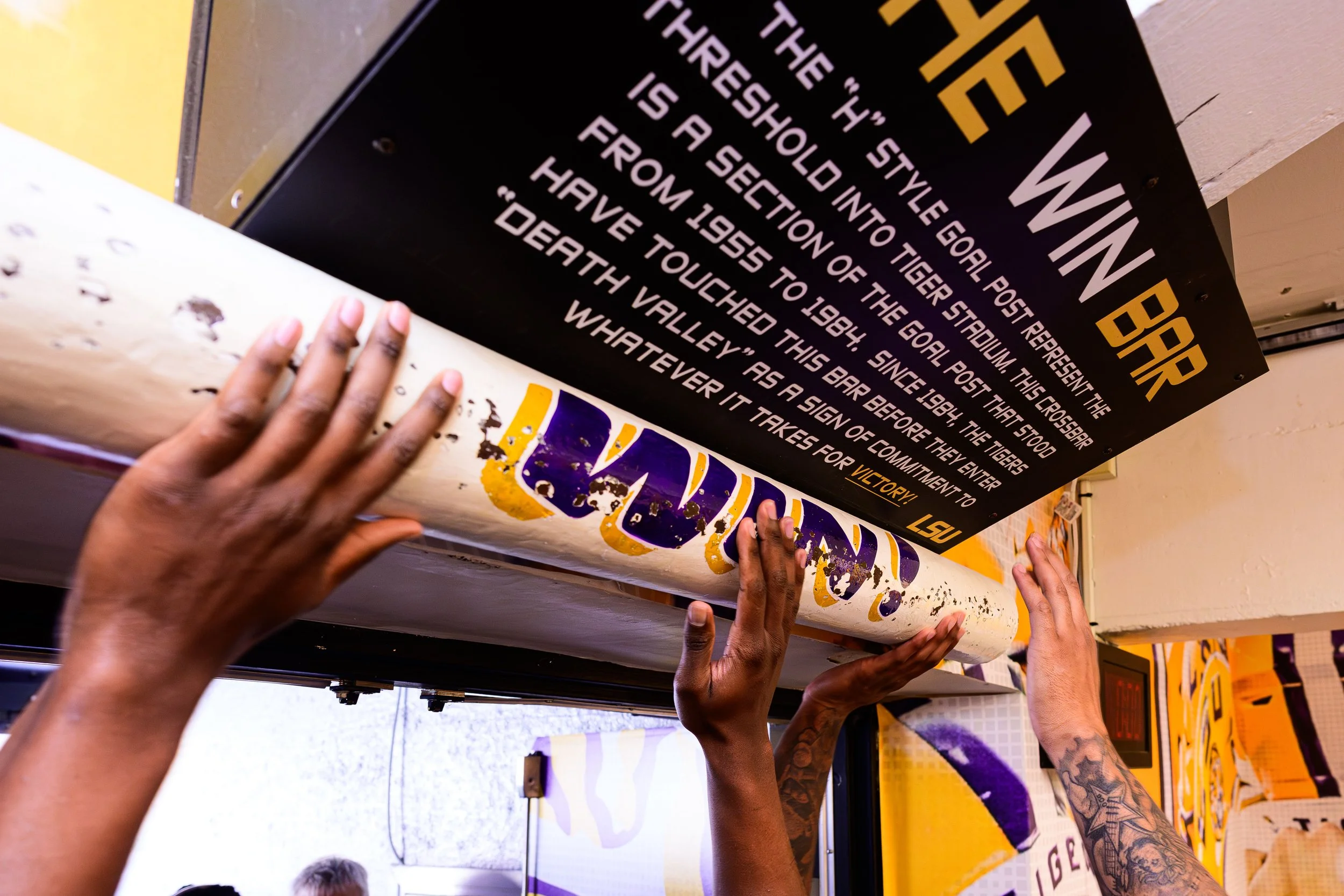From Athlete to Alumni: Navigating Life Beyond the Game
For many athletes, the sport isn’t just an activity—it’s an identity, a community, and a purpose. From early practices to late-night competitions, the routines and relationships built through athletics shape who you are in meaningful ways.
But what happens when that chapter ends?
Whether it’s graduation, injury, or retirement, leaving competitive sports can feel like losing a part of yourself. The structure, camaraderie, and adrenaline that once defined your days may suddenly disappear. For some, this transition brings overwhelming emotions—sadness, anxiety, even a sense of emptiness. Many athletes ask themselves:
“If I’m not an athlete anymore… who am I?”
The Hidden Struggles of Transition


